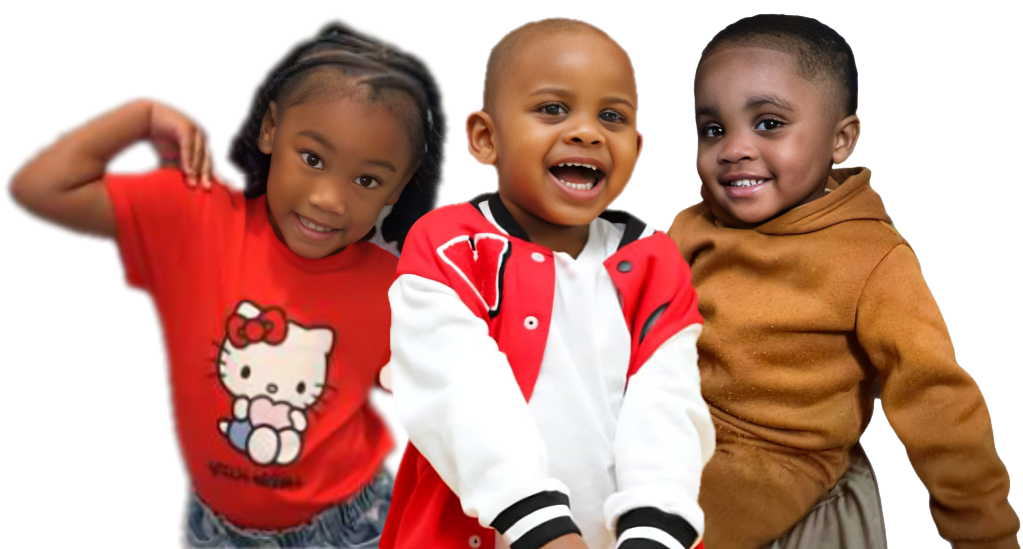Together, We Build Inclusive Futures
We believe that every individual deserves the opportunity to grow, connect, and thrive regardless of their abilities.

Understanding Developmental Disabilities
Types of Intellectual and Developmental Disabilities
Intellectual and developmental disabilities (IDD) are lifelong conditions that affect learning, reasoning, and adaptive behavior.
With understanding, support, and opportunity, individuals with IDD can live full, meaningful lives.
Some of the most common, uncommon and associated types include:
Autism Spectrum Disorder (ASD)
A neurodevelopmental condition that affects communication, social interaction, and behavior. People with autism may have repetitive interests, unique learning styles, and different sensory experiences. The spectrum ranges from mild to significant support needs.
Cerebral Palsy
A group of disorders affecting movement, muscle tone, and posture due to early brain development damage. While not always accompanied by intellectual disability, some individuals may experience learning or communication challenges.
Down Syndrome
A genetic condition caused by an extra copy of chromosome 21. It is associated with mild to moderate intellectual disability, distinct physical features, and increased risk of certain health conditions.
Fragile X Syndrome
A genetic disorder caused by a mutation in the FMR1 gene on the X chromosome. It’s the most common inherited cause of intellectual disability and can involve learning difficulties, anxiety, hyperactivity, and traits of autism.
Fetal Alcohol Spectrum Disorders (FASD)
A group of conditions caused by alcohol exposure during pregnancy. Symptoms can include growth problems, learning difficulties, poor impulse control, and behavioral challenges.
Williams Syndrome
A rare genetic condition caused by missing genes on chromosome 7. It results in mild to moderate intellectual disability, strong social skills, and a friendly personality.
Rett Syndrome
A rare neurological disorder primarily affecting females, causing severe physical and cognitive impairments after a period of normal early development.
Prader-Willi Syndrome
A genetic disorder affecting chromosome 15. It’s characterized by low muscle tone, chronic hunger leading to obesity, mild to moderate intellectual disability, and behavioral challenges.
Angelman Syndrome
A genetic condition involving the UBE3A gene. It causes severe developmental delays, speech impairment, balance issues, and a happy, excitable personality.
Tourette Syndrome
A neurological disorder characterized by repetitive, involuntary movements or vocalizations called tics. It often coexists with other developmental differences.
Intellectual Disability (General/Global Developmental Delay)
A broad category describing below-average intellectual functioning and challenges with adaptive behaviors. Causes vary and may include genetic or environmental factors.
ADHD (Attention-Deficit/Hyperactivity Disorder)
A developmental condition that affects focus, impulse control, and activity levels. It often co-occurs with other developmental disabilities.
Spina Bifida
A congenital condition where the spinal cord doesn’t form properly, affecting mobility and sometimes learning or cognitive skills.
Hydrocephalus
A buildup of fluid in the brain that can cause developmental delays, motor difficulties, and learning challenges if not treated.
Other Genetic Conditions
Includes rare syndromes such as Cri du Chat, Smith-Magenis, and Tuberous Sclerosis Complex, which may cause developmental and intellectual differences.

What Is Autism?
Autism Spectrum Disorder (ASD) is a neurological and developmental condition that influences how individuals perceive the world and engage with others. Autism exists on a spectrum, meaning that each person’s strengths and challenges are unique.
People with autism may:
Communicate or socialize differently
Show repetitive behaviors or focused interests
Display exceptional skills in areas like art, memory, or technology
Understanding autism begins with acceptance, compassion, and education — the cornerstones of our mission.
Signs of Autism
Recognizing early signs allows for timely support and meaningful progress.
Common signs may include:
Limited eye contact or social interaction
Repetitive behaviors or speech patterns
Sensitivity to sound, light, or textures
Difficulty adapting to changes
Delayed speech or language development
Not every child will display these signs, and early assessment is essential. Families are encouraged to seek guidance — and know they are not alone.
